Hormonal acne is a common and often frustrating condition that many women experience throughout different life stages. While acne is typically associated with adolescence, hormonal acne can persist well into adulthood due to factors like menstrual cycles, pregnancy, and menopause. This type of acne is often challenging to treat because it’s tied closely to internal hormonal fluctuations, which can be difficult to control.
In this article, we’ll explore the primary causes of Why Women Get Hormonal Acne? how hormones affect skin health, and practical lifestyle and treatment options that can help you manage and even prevent breakouts.
Understanding Hormonal Acne
What Is Hormonal Acne?
Hormonal acne, often occurring around the jawline and chin, is a specific type of acne triggered by hormonal fluctuations. Unlike other types of acne, which can be caused by bacteria or clogged pores, hormonal acne is driven primarily by changes in your body’s hormonal balance.
While both men and women experience hormonal changes, women tend to be more affected by these fluctuations due to menstrual cycles, pregnancy, and menopause. Hormonal acne in women is especially common between the ages of 25 and 45, though it can also occur earlier or later in life.
Why Women Get Hormonal Acne?
The primary causes of hormonal acne are fluctuations in hormones like estrogen, progesterone, and testosterone. During certain times in a woman’s cycle or life, such as menstruation, pregnancy, or menopause, these hormones can shift, triggering the sebaceous (oil) glands to produce excess oil, leading to acne. Key factors that can lead to hormonal acne include:
- Menstrual cycle: Many women notice breakouts around their period due to drops in estrogen and progesterone levels.
- Pregnancy and postpartum: Hormonal changes during pregnancy can lead to acne, especially in the first trimester.
- Menopause: During menopause, estrogen levels drop, sometimes causing an increase in androgen levels, which can trigger acne.
- Polycystic ovary syndrome (PCOS): This condition, characterized by elevated androgen levels, is often linked to persistent acne.
How Hormones Affect Skin Health
Hormones play a major role in skin health by influencing oil production, skin cell turnover, and inflammation levels. Here’s how key hormones impact your skin:
- Estrogen: Often considered the “youth hormone,” estrogen helps keep skin thick and hydrated. Low estrogen levels, as seen during menopause, can lead to dryness and may indirectly contribute to acne.
- Progesterone: This hormone, which increases after ovulation, can make skin swell and compress pores, trapping oil and bacteria.
- Testosterone: Known as an androgen, testosterone can increase oil production in the skin. Elevated testosterone levels are a common cause of acne in women with hormonal imbalances.
Hormonal Imbalance and Acne: Key Triggers
Hormonal acne can be exacerbated by various lifestyle and environmental factors that influence hormone levels. Some of the common triggers include:
• Stress: High-stress levels can lead to increased cortisol, a stress hormone that may cause inflammation and trigger acne.
• Diet: Foods with a high glycemic index (like sugar and refined carbs) can spike insulin levels, leading to increased androgen production and acne.
• Contraceptives: Birth control pills can sometimes help with hormonal acne by regulating hormone levels, but certain types of contraceptives may also worsen acne.
• Endocrine disorders: Conditions like PCOS can lead to hormonal imbalances that contribute to persistent acne.
Hormonal Acne Treatments and Natural Remedies
Over-the-Counter Solutions
For mild hormonal acne, you may benefit from over-the-counter (OTC) treatments that help manage oil production and reduce inflammation. Common OTC solutions include:
- Retinoids: These vitamin A derivatives increase cell turnover and reduce the buildup of dead skin cells that can clog pores.
- Salicylic Acid: This beta hydroxy acid penetrates oil glands and helps keep pores clear.
- Benzoyl Peroxide: Known for its antibacterial properties, benzoyl peroxide can reduce acne-causing bacteria.
Prescription Options
For more severe cases of hormonal acne, prescription treatments might be necessary. Consult a dermatologist to discuss options like:
- Oral Contraceptives: Certain birth control pills can help regulate hormones and reduce androgen levels.
- Spironolactone: This medication works by blocking androgens in the body, reducing oil production.
- Topical Retinoids and Antibiotics: Prescription-strength retinoids and antibiotics may help reduce inflammation and prevent acne.
Natural Approaches to Managing Hormonal Acne
Many women seek natural solutions to manage hormonal acne. While these approaches may not work for everyone, they can often support overall skin health and help minimize breakouts.
Below are some strategies to consider:
1. Diet Changes
Your diet plays a crucial role in managing hormonal acne. Consider the following tips:
-
Reduce Sugar and Refined Carbs: High-glycemic foods can cause insulin spikes, which may increase androgen levels and lead to breakouts. Opt for whole grains and low-glycemic alternatives instead.
-
Incorporate Anti-Inflammatory Foods: Add foods like leafy greens, berries, turmeric, and fatty fish (rich in omega-3 fatty acids) to your meals. These can help reduce inflammation and improve skin health.
-
Balance Your Hormones with Fiber: Fiber-rich foods such as beans, lentils, and flaxseeds can promote healthy digestion and help regulate hormones by supporting detoxification.
-
Limit Dairy Intake: Some studies suggest that dairy products, especially skim milk, may exacerbate acne in certain individuals. Consider experimenting with dairy-free alternatives.
2. Stress Management
Chronic stress can trigger hormonal imbalances and worsen acne. Incorporate stress-reducing practices into your daily routine:
-
Meditation: Spend 10-15 minutes daily practicing mindfulness or guided meditation.
-
Yoga: This gentle exercise not only improves flexibility but also helps regulate cortisol levels.
-
Deep Breathing Exercises: Simple breathing techniques, such as inhaling for 4 seconds, holding for 4 seconds, and exhaling for 4 seconds, can calm your nervous system.
3. Herbal Supplements
Certain herbal remedies have shown promise in managing hormonal acne, though more research is needed. Some options include:
-
Spearmint Tea: Known for its potential to lower androgen levels, drinking one or two cups a day may help reduce acne in some women.
-
Chasteberry (Vitex): This herb is believed to balance hormones and alleviate premenstrual symptoms, which could indirectly improve acne.
-
Evening Primrose Oil: Rich in gamma-linolenic acid (GLA), it may reduce skin inflammation and regulate hormones.
4. Skincare Routine for Hormonal Acne
A consistent skincare routine tailored to your skin’s needs can make a significant difference.
Here’s a suggested skincare routine for hormonal acne:
-
Cleanser: Use a gentle, non-comedogenic cleanser containing salicylic acid or benzoyl peroxide to unclog pores and reduce bacteria.
-
Toner: Apply a toner with ingredients like witch hazel or niacinamide to minimize inflammation and tighten pores.
-
Treatment: Use topical treatments containing retinoids, tea tree oil, or sulfur to target active breakouts and prevent new ones.
-
Moisturizer: Hydrate your skin with an oil-free, non-comedogenic moisturizer to maintain its barrier function.
-
Sun Protection: Apply a broad-spectrum sunscreen with SPF 30 or higher every morning to protect your skin from UV damage.
-
Weekly Exfoliation: Incorporate a gentle chemical exfoliant, like an AHA or BHA product, once or twice a week to remove dead skin cells and improve skin texture.
Lifestyle Changes to Manage Hormonal Acne
Making certain lifestyle adjustments can significantly help manage hormonal acne. Below are practical strategies and detailed tips:
1. Focus on a Low-Glycemic Diet
-
Why It Helps: High-glycemic foods like sugary snacks, white bread, and sodas can spike insulin levels, which in turn may increase androgen hormones and lead to breakouts.
-
What to Do: Replace refined carbs with whole-grain options such as oats, quinoa, and brown rice. Incorporate low-glycemic fruits like berries, apples, and cherries into your diet.
2. Prioritize Sleep
-
Why It Helps: Sleep deprivation increases stress hormone (cortisol) levels, which can trigger inflammation and acne.
-
What to Do: Aim for 7-9 hours of quality sleep every night. Create a calming bedtime routine by avoiding screens 1-2 hours before bed and practicing relaxation techniques like reading or meditating.
3. Exercise Regularly
-
Why It Helps: Physical activity helps regulate hormones, improves blood circulation, and reduces stress—all of which support clearer skin.
-
What to Do: Engage in moderate aerobic exercises such as walking, jogging, or cycling for at least 30 minutes most days of the week. Don’t forget to cleanse your skin after sweating to prevent clogged pores.
4. Establish a Consistent Skincare Routine
-
Why It Helps: A proper skincare routine can manage oil production, prevent clogged pores, and reduce inflammation.
-
What to Do:
-
Use a gentle cleanser with salicylic acid or tea tree oil to remove excess oil and impurities.
-
Apply a non-comedogenic moisturizer to hydrate your skin without clogging pores.
-
Always use a broad-spectrum sunscreen with SPF 30 or higher to protect against UV damage, which can worsen acne.
-
Avoid over-washing your face, as it can strip the skin of its natural oils, causing irritation.
-
Quick Tips
-
Avoid Touching Your Face: This prevents the transfer of bacteria and oils that can clog pores.
-
Stick to a Balanced Diet: Focus on whole foods, reduce sugary and high-carb items, and include anti-inflammatory foods like leafy greens, nuts, and fatty fish.
-
Practice Regular Stress Management: Incorporate stress-reducing practices such as meditation, yoga, or journaling to keep hormones balanced and improve overall well-being.
FAQ Section
Q: Is hormonal acne treatable?
- Yes, hormonal acne can be treated with a combination of lifestyle changes, OTC treatments, and, if needed, prescription medications.
Q: How long does it take for treatments to show results?
- Most treatments take 4-8 weeks to show noticeable improvements, so patience and consistency are key.

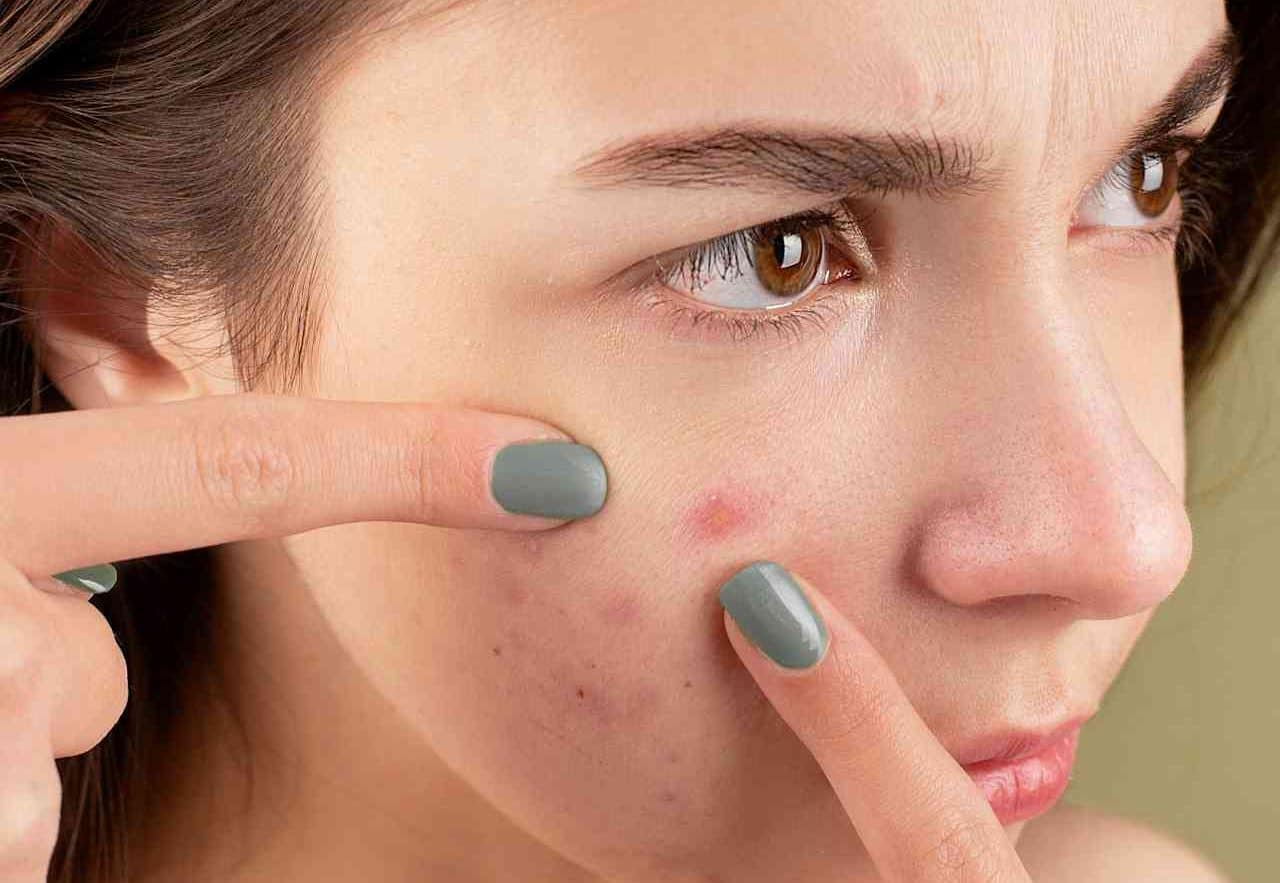
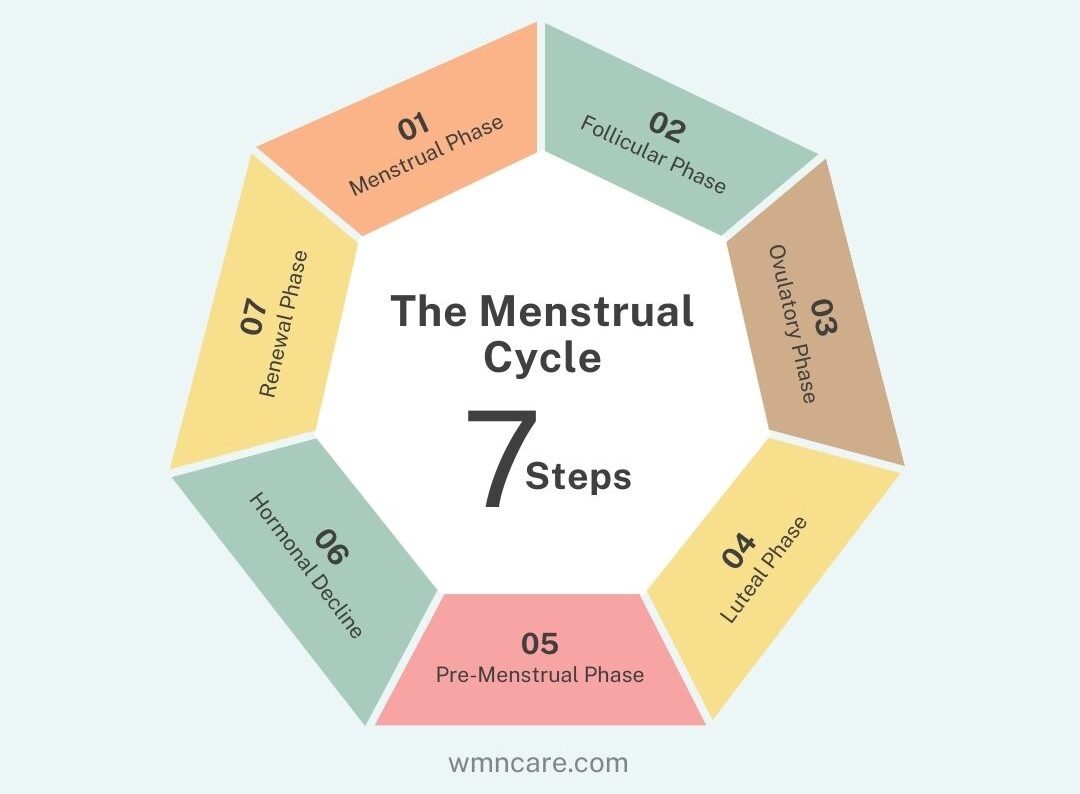
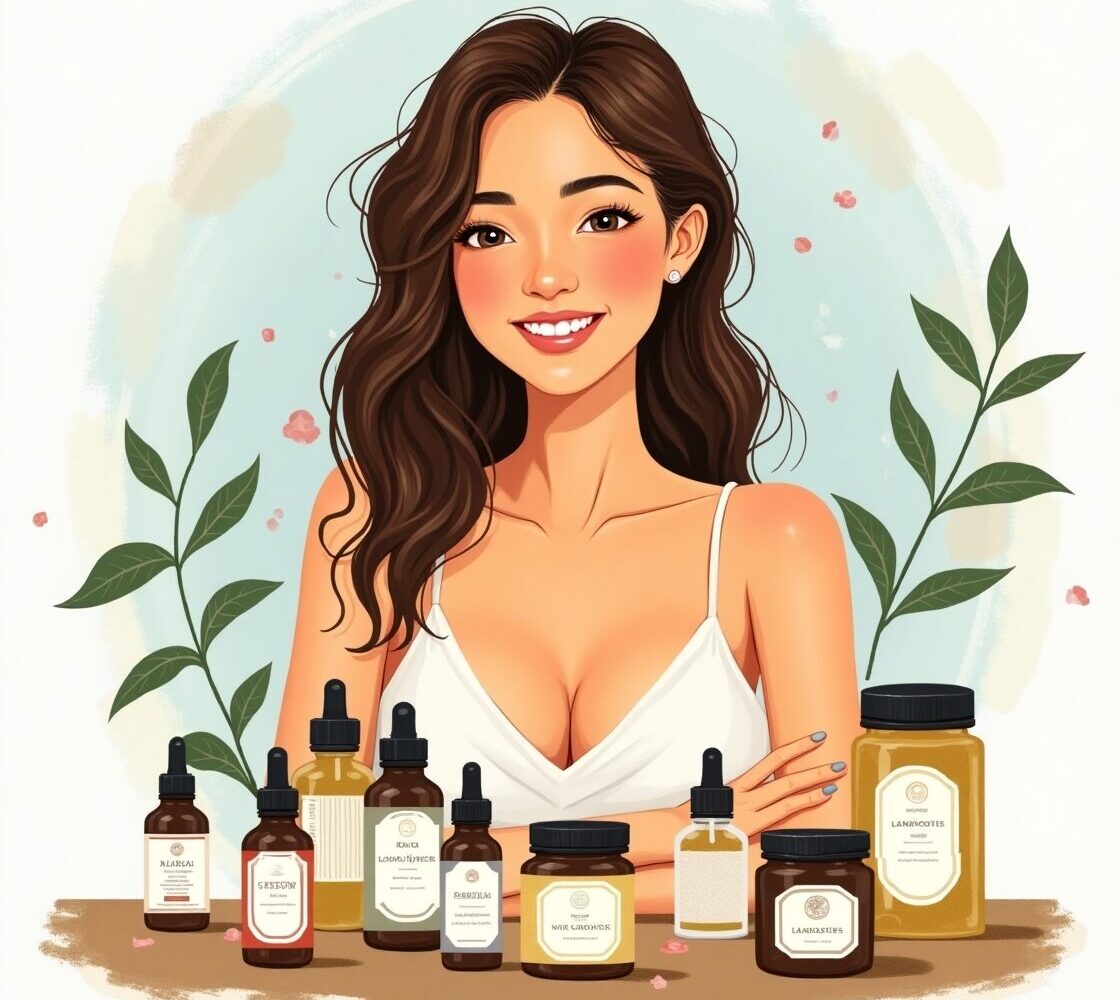
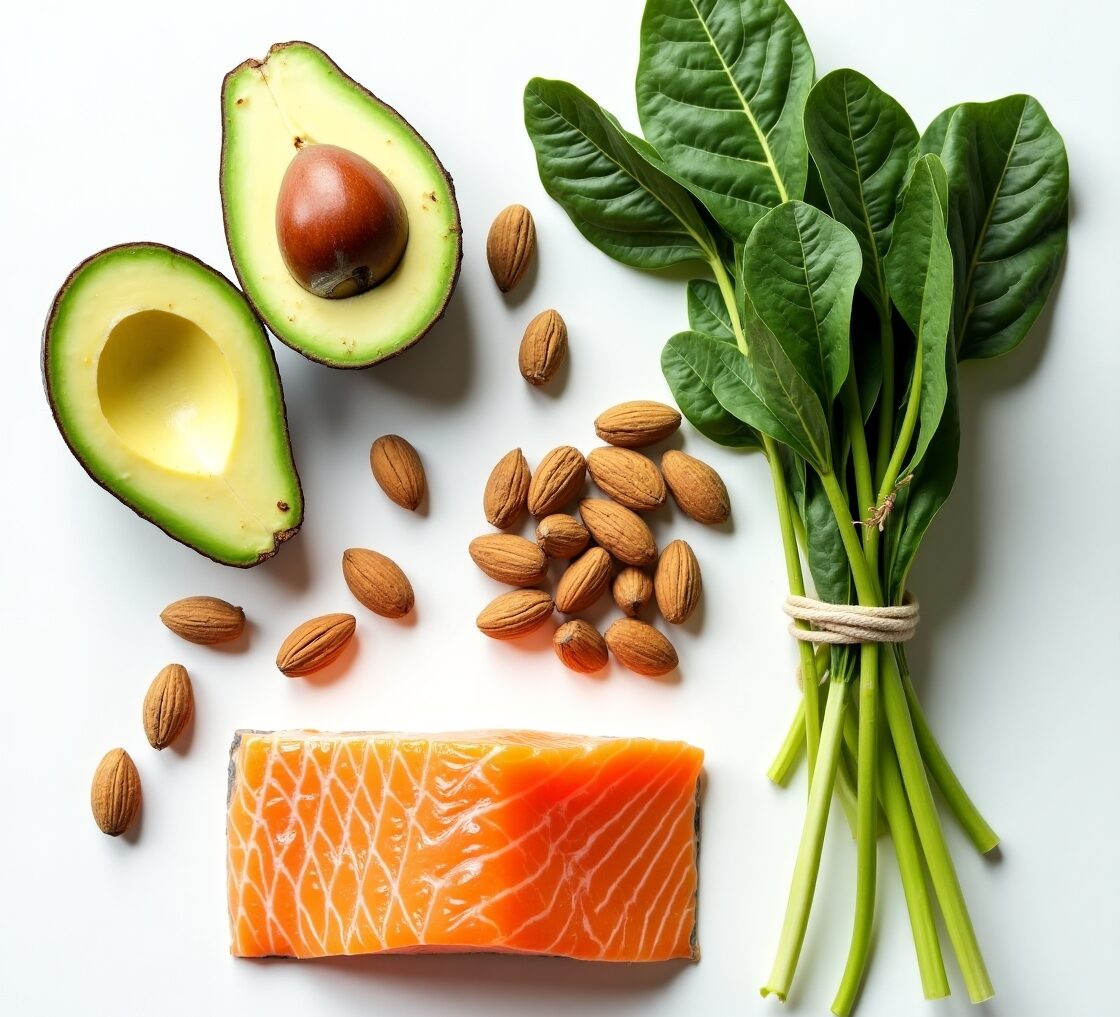


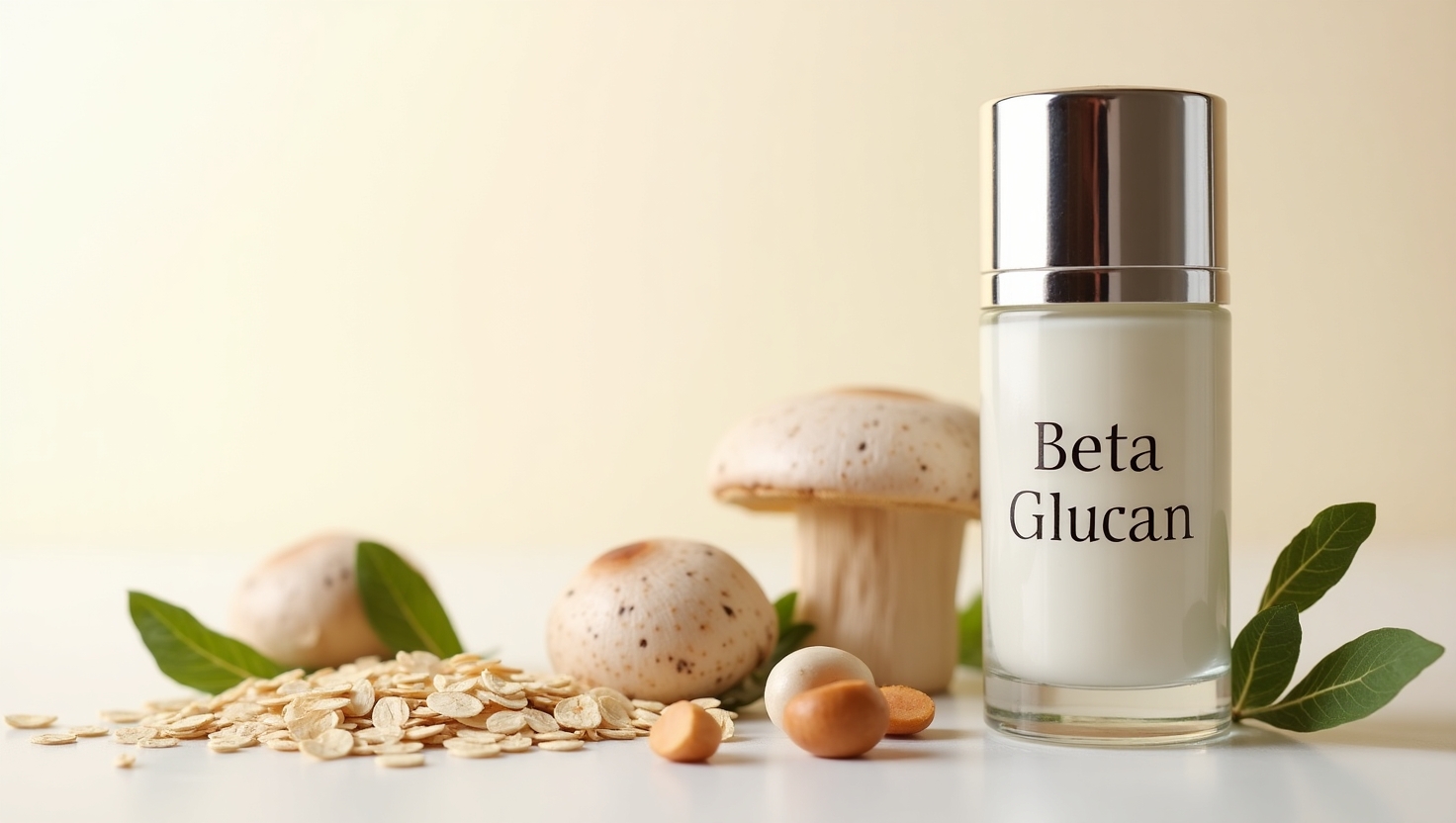
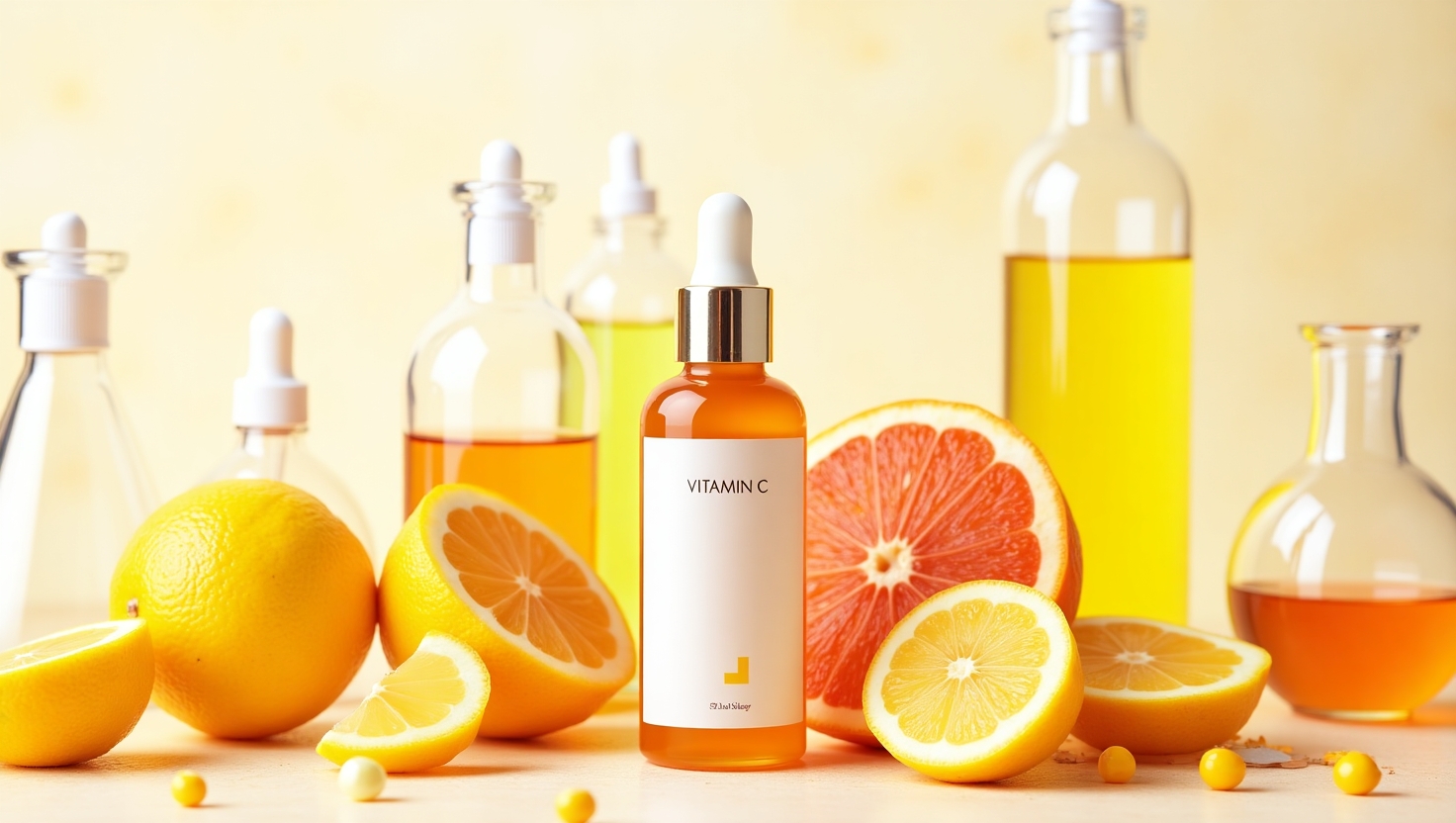
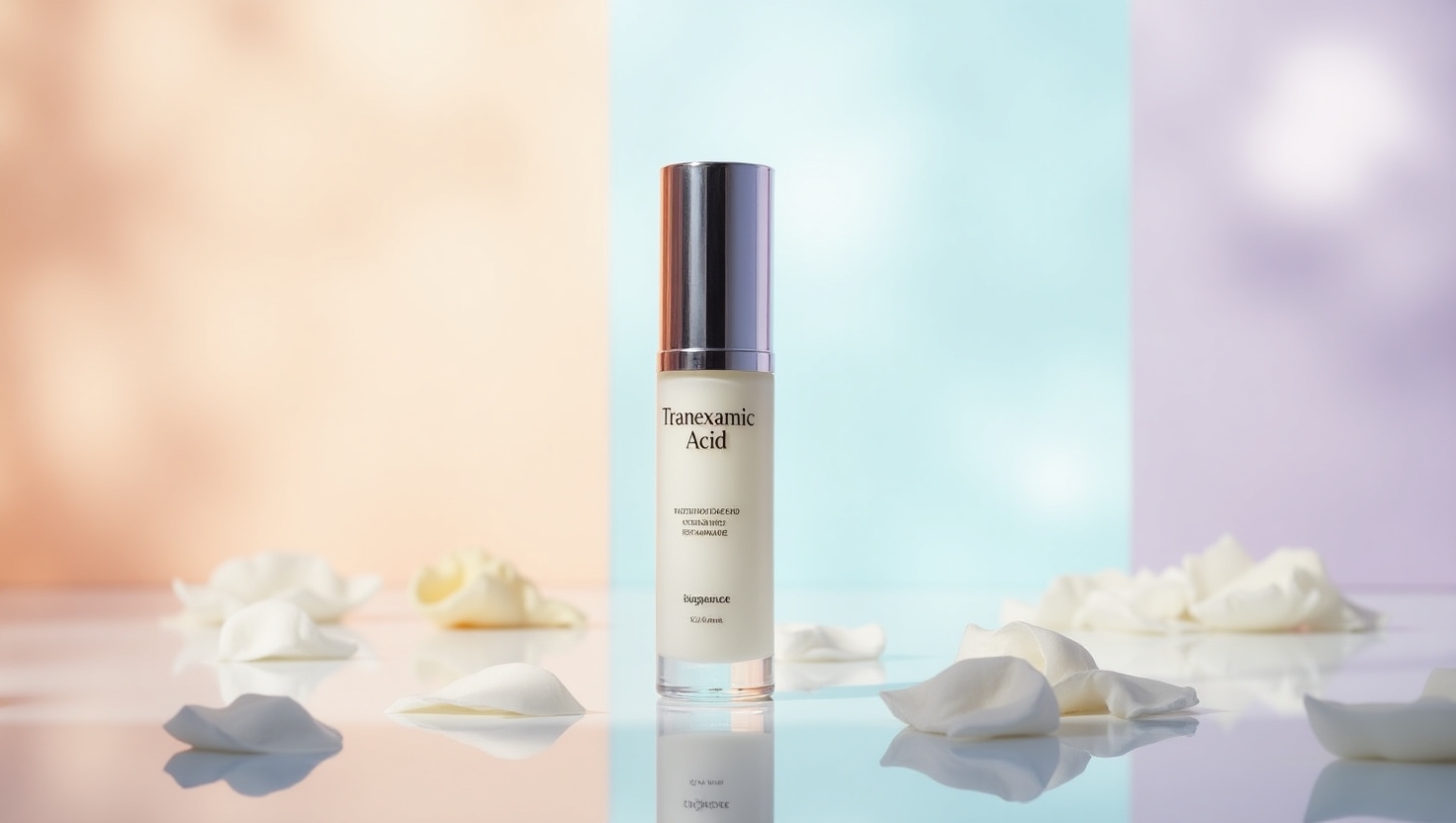

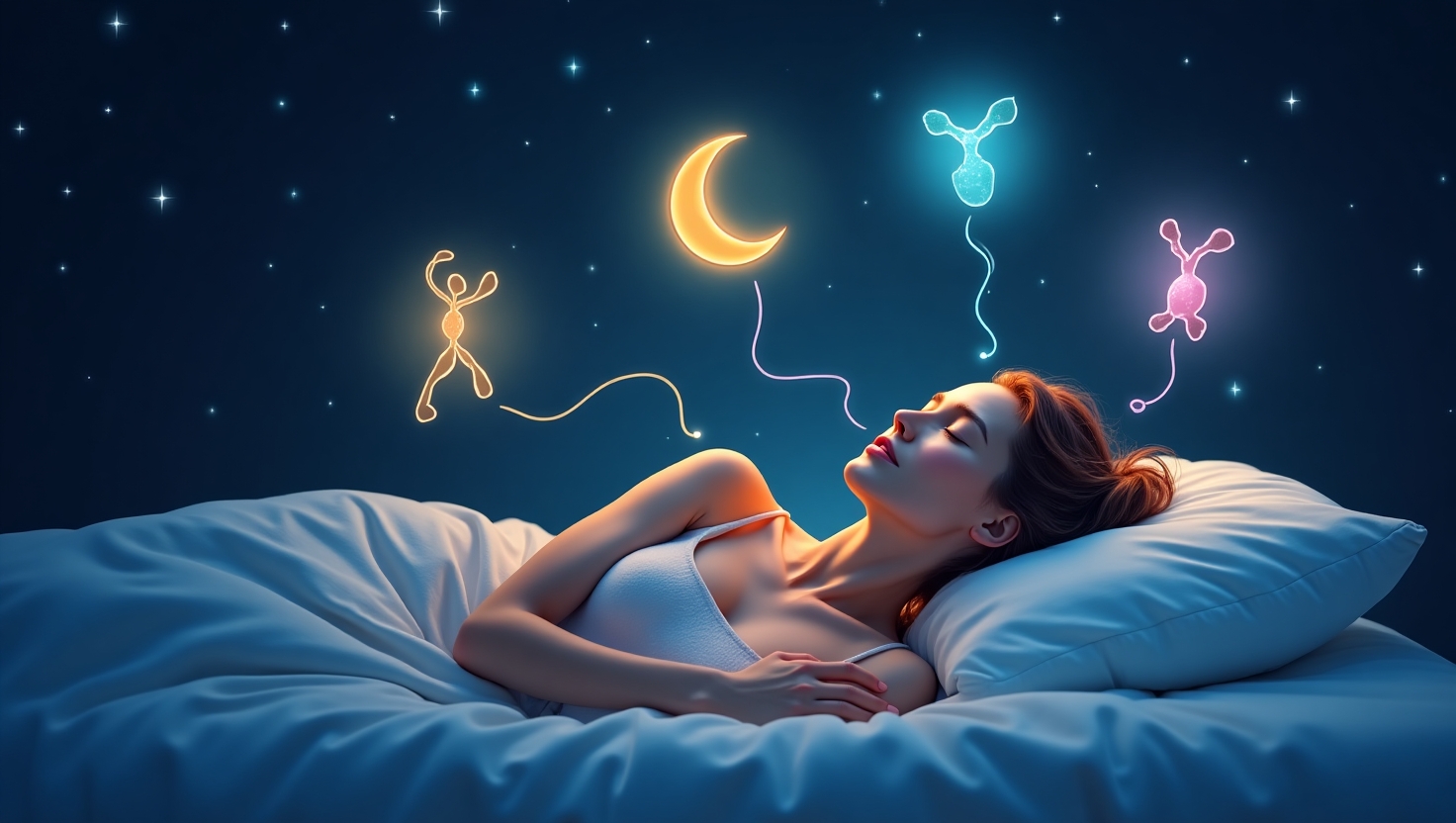


[…] If you’re curious about understanding hormonal acne even better, check out our article on “Causes of Hormonal Acne” for deeper […]
I have been surfing on-line greater than 3 hours today, but I never discovered any interesting article like yours. It is lovely value enough for me. In my opinion, if all web owners and bloggers made excellent content as you probably did, the internet might be much more useful than ever before.
I greatly appreciate your comment. That you found the article useful means a lot to me. This kind of feedback is really encouraging because I always strive to produce content that is truly helpful. Please let me know if there is anything in particular you would like me to write about. Once again, thank you!
[…] Why Do Women Get Hormonal Acne? […]